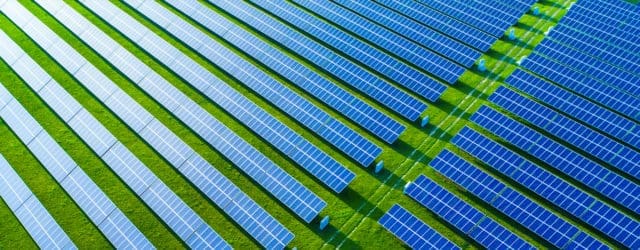IPCC Climate Change Report, a “code-red read” for everyone!
August 2021As pressure begins to grow in the run up to COP26, the United Nations intergovernmental Panel on Climate Change (IPCC) has today issued its report on the changes happening to our planet, and the fact that human activity is increasing the risk of irreversible climate change. The UN secretary-general describes it as “code red for humanity”. The report is acknowledged as the latest major research on the science of climate change. Press reports have already commented that we are heading for a climate catastrophe unless global greenhouse gas emissions are cut, and we reach net zero CO₂ emissions by the middle of this century.
The report warns of a number of impacts, including global surface temperatures increasing and global warming of 1.5°C and 2°C being exceeded during the 21st century. The climate system events which are increasingly being reported around the world will increase in occurrence as a result of a direct relation to increasing global warming. These events will become more intense and more frequent and will include hot extremes, heavy precipitation, agricultural and ecological droughts as well as reductions in Arctic Sea ice, snow cover and permafrost.
In our recent article, Zita Mansi and I highlighted the changes and advances in “attribution science” which demonstrates the link between extreme weather-related events and climate change and its effect on climate change litigation. We believe it is likely that this report will be referred to and will influence climate litigation against governments and companies. An examination of the Millieudefensie (Friends of the Earth Netherlands) case shows how IPCC science can be used to support the argument for private companies to reduce their greenhouse emissions and to take their contribution to climate change seriously. As such the content of the IPCC report is important reading for private enterprise and insurers as well as policy makers.
Whilst commentary may well focus on the “Doomsday scenarios” of ignoring climate change, it is also clear that the report emphasises that immediate action by businesses as well as governments can halt the rise in temperatures and reduce and/or curb the impact of climate change. The report is urging voluntary action supported by policy and legislation; however, we would add that it is becoming increasingly clear that penal measures determined and enforced by the courts, will be aided by scientific reporting by the IPCC and similar bodies.
Download PDF







